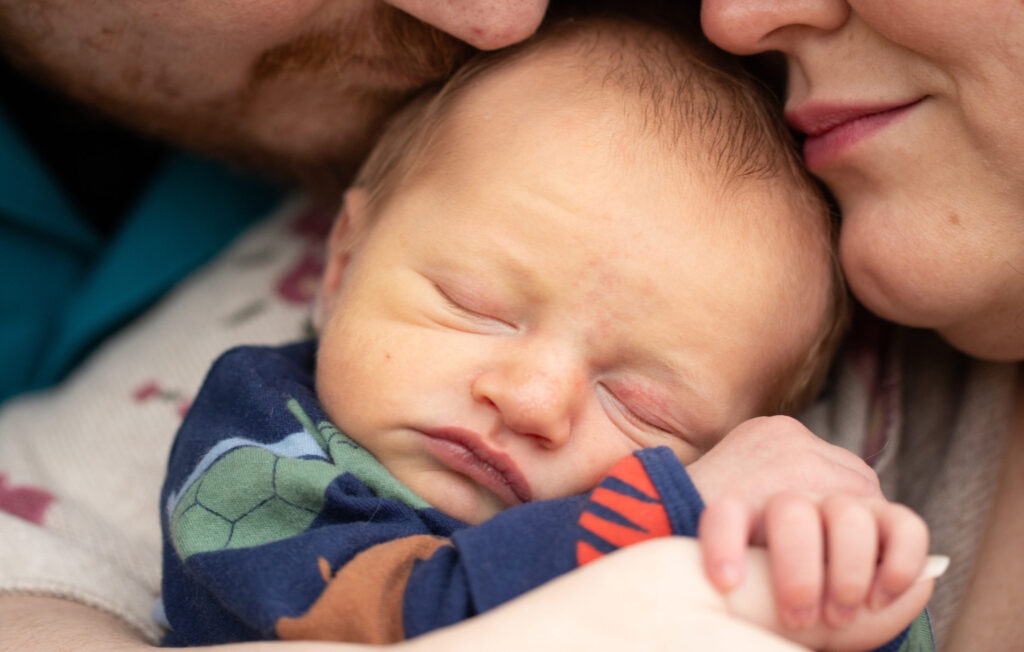Discover the symptoms and treatments for fibroids during Fibroid Awareness Month
 Fibroid Awareness Month is an ideal time for our Tennessee fertility clinic to help patients learn more about fibroid treatments and symptoms. Uterine fibroids are quite common and can cause fertility issues and discomfort in some women. Learning how doctors diagnose and treat fibroids is the first step in moving past this challenge.
Fibroid Awareness Month is an ideal time for our Tennessee fertility clinic to help patients learn more about fibroid treatments and symptoms. Uterine fibroids are quite common and can cause fertility issues and discomfort in some women. Learning how doctors diagnose and treat fibroids is the first step in moving past this challenge.
Learn what fibroids are and where they grow
Fibroids are tumors that are typically benign, or non-cancerous. However, they can make it challenging for a patient to conceive. They can also cause issues like abdominal pain and heavy periods.
If the fibroids grow in or into the uterus, the patient can experience infertility. When small fibroids grow within the muscle or on the surface of the uterus, a woman is less likely to face fertility issues.
Our Tennessee fertility clinic helps patients determine whether they have fibroids. After making a diagnosis, they can help develop the best treatment plan for the patient.
Doctors use various evaluations to diagnose fibroids
The fertility specialists at our clinic typically use a pelvic exam and ultrasound when diagnosing fibroids. The pelvic exam often allows the doctor to feel irregularities in the uterus that could suggest the presence of fibroids. When they notice irregularities, they may recommend an ultrasound to assess the patient’s uterus and make a diagnosis of fibroids.
An important part of Fibroid Awareness Month is understanding the symptoms of fibroids that can prompt an evaluation with a specialist. Here are some of the most common ones.
- Heavy, painful periods
- Pelvic pressure or pain
- Frequent urination
- Constipation
- Aching in the back or legs
Fibroid Awareness Month is a great time to learn more about fibroid treatment
Once the doctor evaluates a patient’s fibroids, they can help them create an effective treatment plan. If the doctor suspects the fibroids are affecting a patient’s fertility, they will likely need to remove them with minimally invasive surgery.
Hysteroscopy involves passing a thin, lighted telescope through the vagina and cervix to reach the uterus. The doctor will also inject gas or fluid to expand the uterus and improve visibility. Once inside the uterus, the doctor can view the uterine cavity and remove any fibroids that are there.
Laparoscopy involves passing a thin tube through an incision in the belly button. After using gas to inflate the abdomen, the doctor can get an in-depth view of the uterus and remove the fibroids. This fibroid treatment is best for patients with small fibroids outside of the uterus.
The team at our Tennessee fertility clinic provides high-quality care to patients needing fibroid treatment and diagnosis. Contact us for more information about Fibroid Awareness Month.






